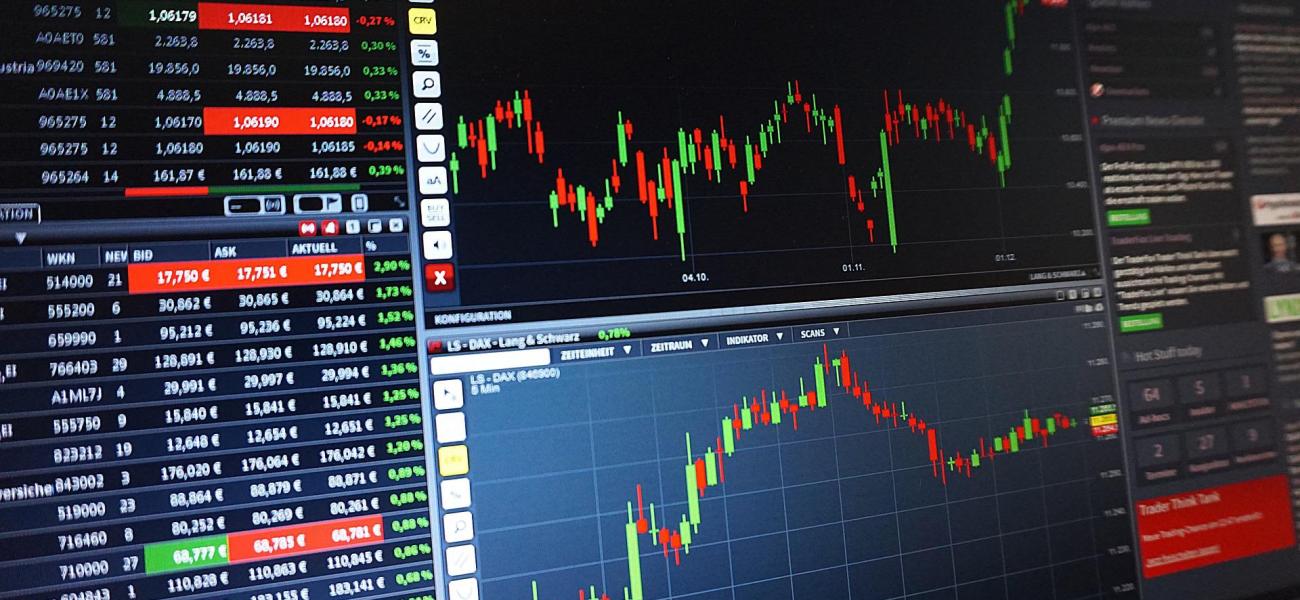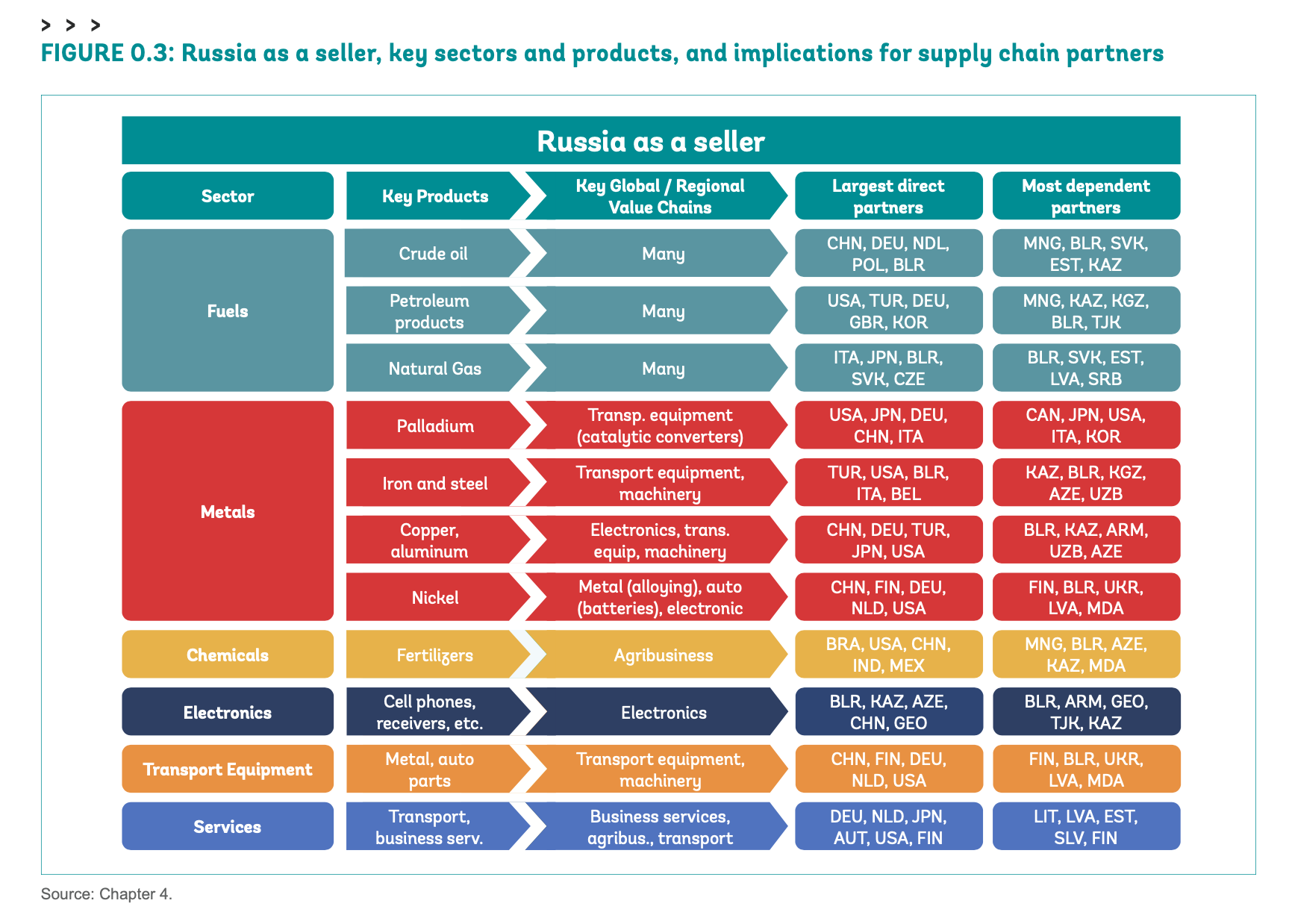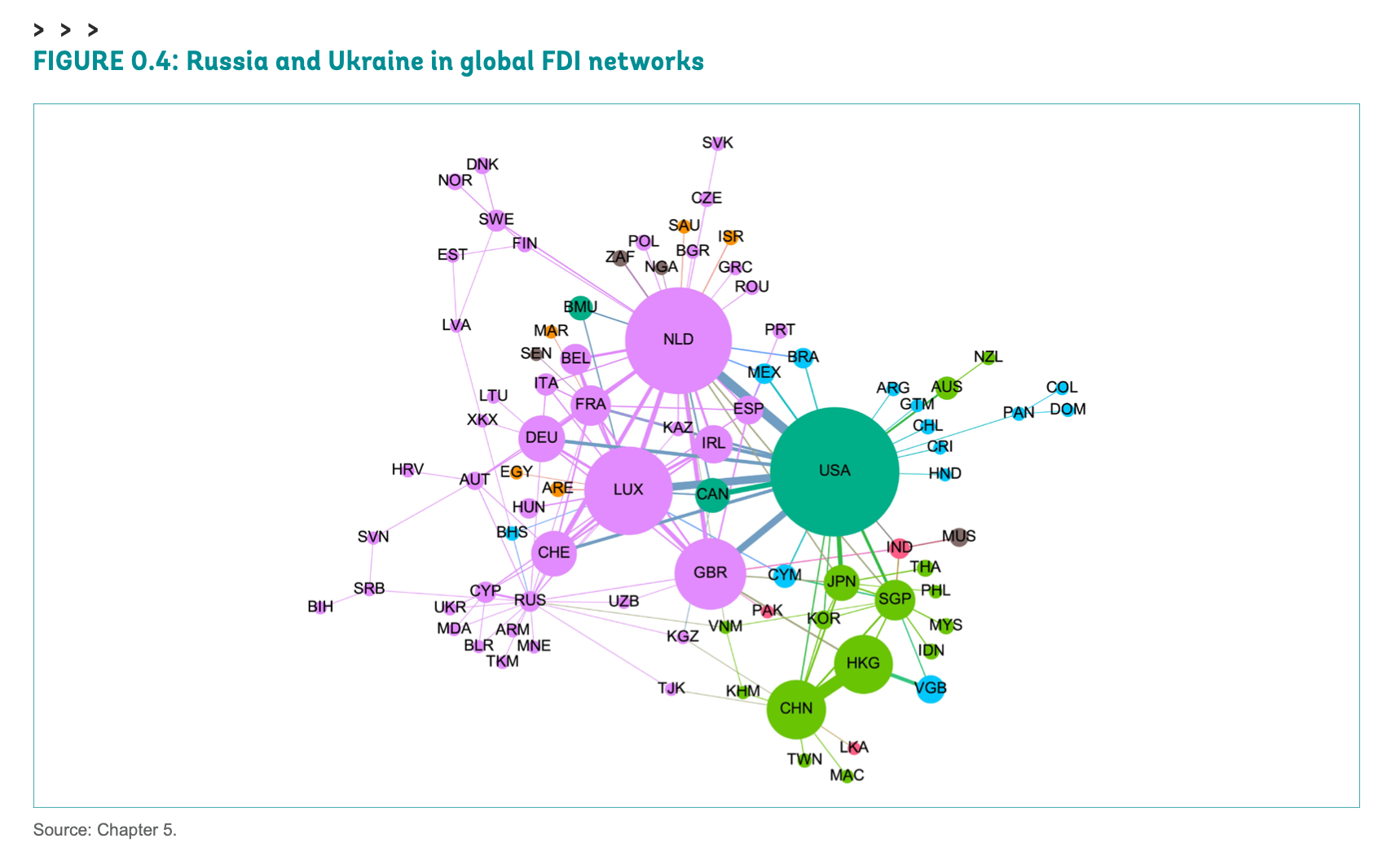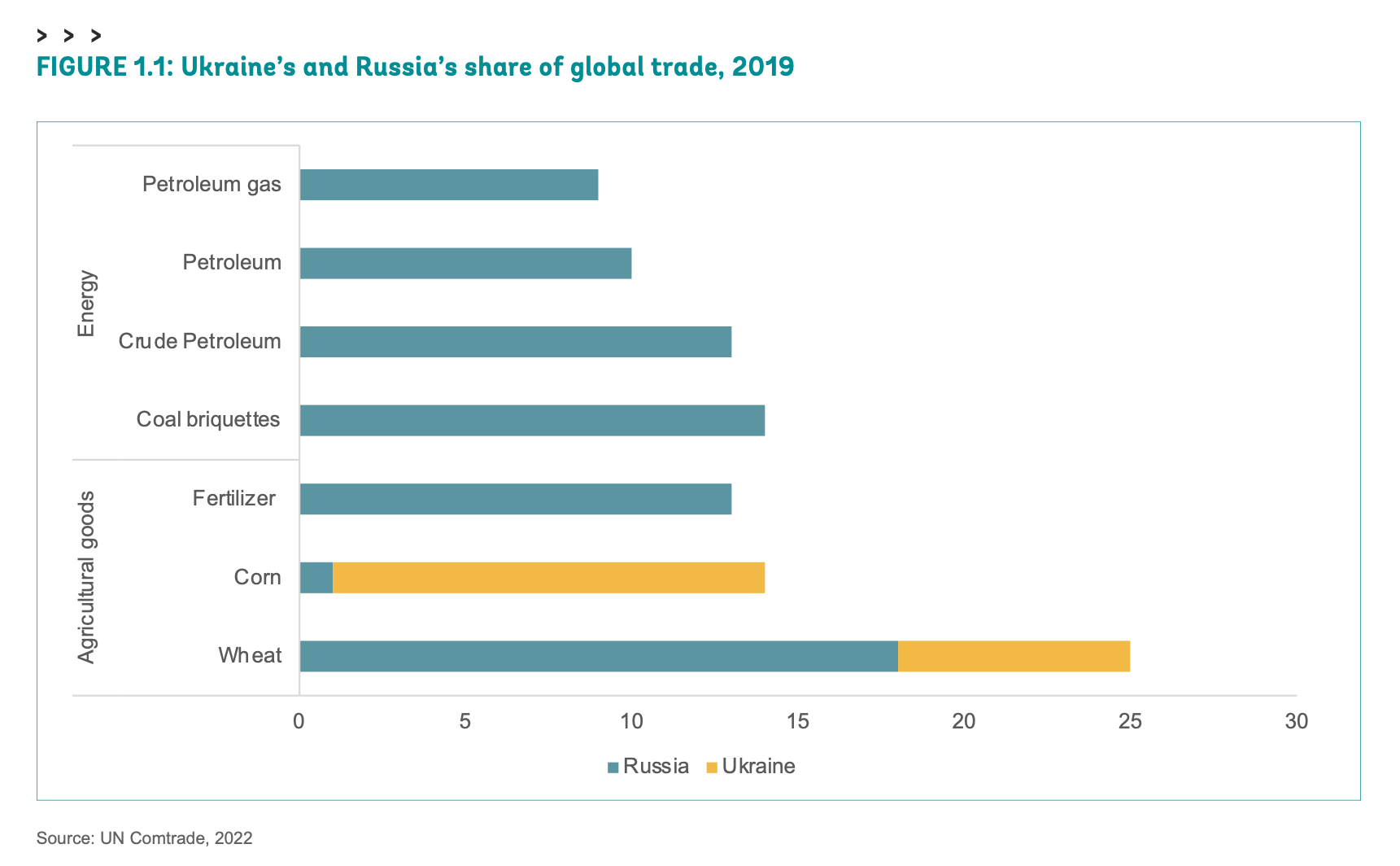
The Impact of the War in Ukraine on Global Trade and Investment
May 01, 2022
World Bank
This is a summary of a report originally published by the World Bank.
The authors of this report write:
- “The long term effects of the war in Ukraine on globalization will depend on how government policies and firms’ trade and investment decisions adjust in a world of higher geopolitical risks. ... The war has direct effects on the firms operating in Russia and Ukraine and on firms relying on suppliers from those markets. But the shock caused by the war goes well beyond these two countries, as geopolitical risks have increased globally.”
- “Russia stands out as a supplier of primary and intermediate goods and services for other countries’ exports at an early stage of production. Transport equipment, machinery, electronics, and agribusiness are especially reliant on imports of Russian metals, chemicals, fertilizers and other commodities. Supply chain production hubs in China, Germany and the United States are among Russia’s largest trade partners … The largest effects of trade disruptions would be felt by members of the Eurasian Economic Union … and other members of the Commonwealth of Independent States.”

- “The data also show substantial changes in geopolitical risks in several economies that are more integrated than Russia and Ukraine in world trade and global value chains including China, Finland, Sweden, Taiwan China, among others.”

- “The war in Ukraine exposes the risks associated with the interconnected nature of global trade. The reliance on foreign input producers can lead to the disruption of production when source countries experience a negative shock.”
- “The war in Ukraine may reshape GVCs [global value chains], particularly for firms that rely heavily on countries where geopolitical risks have surged, but this does not imply the end of globalization. … First, cost differentials between countries are not affected by geopolitical risk. This makes reshoring to high-cost countries unlikely. … Second, relocating production is expensive, due to the sunk cost of building new infrastructure and the search cost of establishing new relationships in a different country.”

- “Rather than aiming at reshoring or nearshoring, government policies should focus on defusing tensions and strengthening global value chains against future disruptions.”
Read the full report at the World Bank's website.
The opinions expressed herein are solely those of the author. Pixabay photo free for use.
Click to Subscribe
Russia Matters offers weekly news and analysis digests, event announcements and media advisories.
Choose and sign up here!
Recent Analysis
CIA Director Burns on Ukraine: ‘We’re Running Out of Time to Help Them’
April 25, 2024
George W. Bush Presidential Center
Personnel Stagnation to Splinter Putin Elite With Battle of Lost Generations
April 19, 2024
Andrey Pertsev

